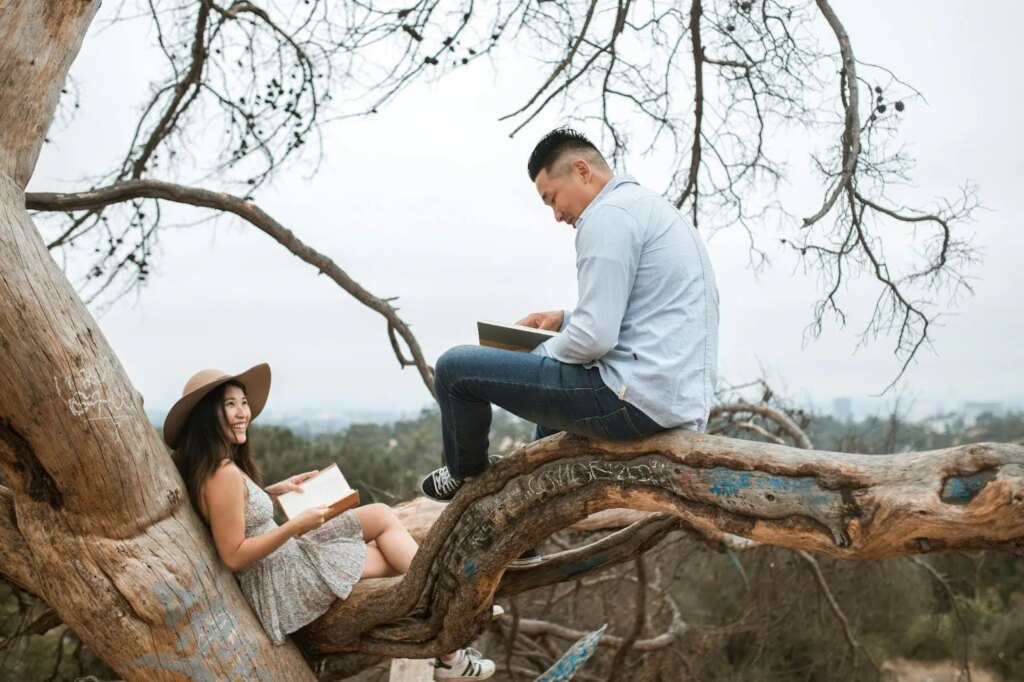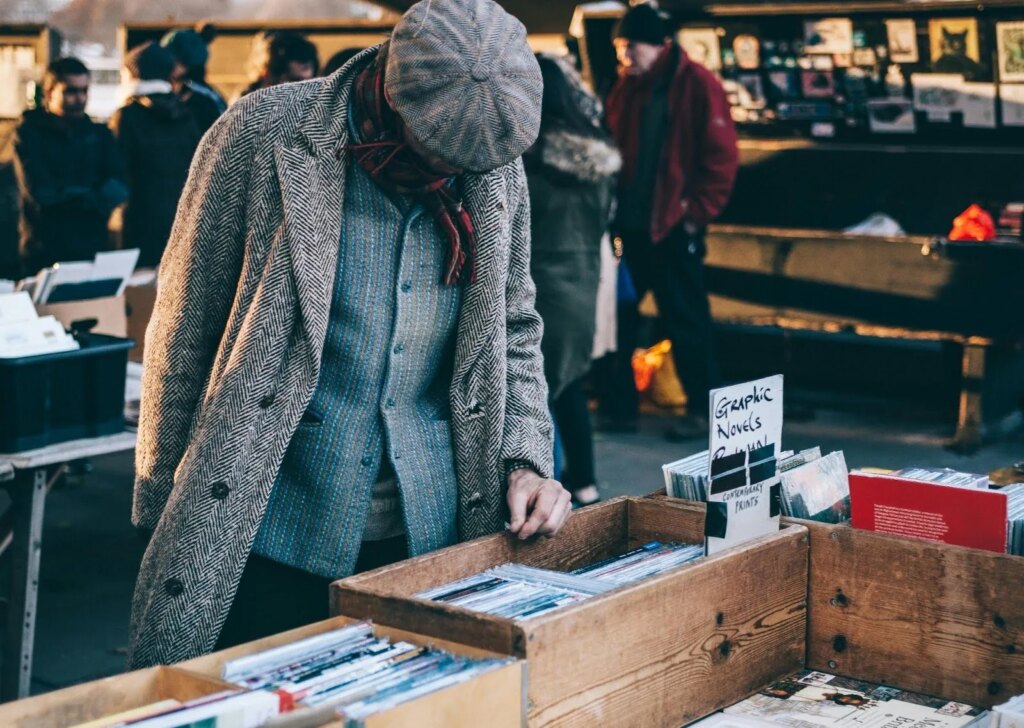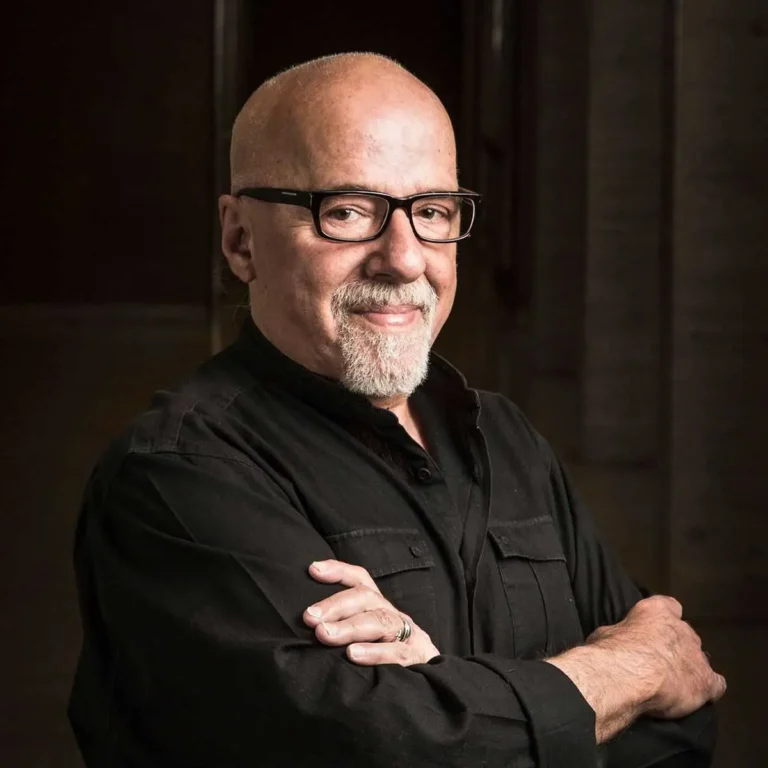Explore how ‘tsundoku’ redefines luxury as the joy of unread books and the freedom to read slowly, with purpose.
When we think of luxury, or when most people think of luxury, they often imagine large yachts, glittering rare jewels, and big mansions on beachfronts. These ideas aren’t necessarily wrong, but they suggest the person answering the question values only material things.
What is luxury? If you were to trace your fingers down the page of a dictionary, you’d find something like the Cambridge dictionary’s definition: ‘great comfort, especially as provided by expensive and beautiful things’.

This raises other questions: what can we consider expensive? Comfort? Like most discourse, it devolves into a wave of subjective understandings and a load of semantics that often prove confusing. So what is luxury, really? In a world focused on status and material goods, true wealth may come from non-material luxuries like time, peace, and personal growth.
Time – The Ultimate Luxury?
A luxury is then, perhaps, a thing that we cannot have too often, but is undeniably valuable in its fleeting nature. This type of luxury is not necessarily material and is most often enjoyed by those who search for the things that nourish their mind, bodies, and souls. Time, in its cruel nature, does not last.

It is finite, and therefore the most luxurious of things. On this rationale, it is perhaps how we choose to spend this most valuable of things that could be considered luxurious. Using the time that we have to feed our souls, develop our character, and live slowly yet purposefully.
Tsundoku: The Joy of Unread Books and Intellectual Intention
Tsundoku is a Japanese concept said to have originated around the Meiji period, between the mid-17th century and early 18th century. The earliest noted use of the word was to describe a ‘tsundoku sensei,’ the description of a teacher (sensei) who collects books that they never read.

Tsundoku is not used with negative intention; it is simply used to describe the phenomenon of accidentally surrounding yourself with unread books. Some may note that such a phenomenon screams materialistic; it is, after all, a collection of unused things. However, tsundoku has one thing that makes one vital difference – intention.

One who collects books has done so with the intention to read them, the intention to nourish their souls, learn more, and heal. The collection is accidental, and although the books may pile up, they have all been chosen to nourish and feed that inherent thing inside of us that yearns for wisdom.
Material Wealth vs. Meaningful Moments
Luxuries can be boring. Well, ‘boring’ as decided by social media and public opinion. It can be quiet, calm days, a tranquil mind, a home-cooked meal, or good conversation with a friend. Each human is a collection of moments, of memories; we are not the things we own, but the intentions we have and the relationships we harbor. The real luxuries in life are not born from the wealth of money, but of time and intention.

Many people work towards material wealth, as if becoming rich and famous is a marker of success. Financial security is a different topic entirely, that, of course, is a real luxury, but is separate from the quest for material things. Of course, these types of ‘luxuries’ can arguably bring us some fleeting contentment and appreciation. Yet they are not the deep kind of luxuries that nourish our minds and souls; they are not the real luxuries of the world.
Literary Escapism: Reinventing Ourselves Through Books
Perhaps our quest for material things can be remedied another way – through books. Literary escapism describes the phenomenon of using literature to escape the everyday and transport our minds to other worlds and realities.

Sometimes buying expensive things can be a cry for reinvention, a taste of a different life that we see broadcast on every social media platform. Literature and books can be a form of exploring and experiencing these types of lifestyles without needing to spend our time and money ‘earning’ the wealth to afford it.
Exploring worlds we cannot physically access, like the fantasy worlds created by authors such as Ursula K. Le Guin or George R. R. Martin, is arguably a luxury.

Further, literature can often offer a type of criticism or realism about chasing this kind of wealth, and perhaps remind us that wealth isn’t as glamorous as it is often portrayed. Scientific studies have not found a link between wealth and levels of daily happiness, suggesting that perhaps the secret to happiness is not this kind of material luxury.
Reframing Success: The Luxury of Purpose and Stillness
There are items that add to your economic capital, and then those that add and develop your intellectual capital. Embracing some tsundoku, even if it means ending up like the tsundoku sensei, can mean surrounding yourself with the constant possibility for intellectual development.

Having books around us, as well as the people we love and the time available to spend with them, can bring us the type of long-lasting happiness we must consider a luxury. In the end, it seems the most meaningful kind of wealth is not what we earn or own—but how we spend our time, and with whom. And what could be more luxurious than that?
Join our community of 1.5M readers
Like this story? You'll love our free weekly magazine.







